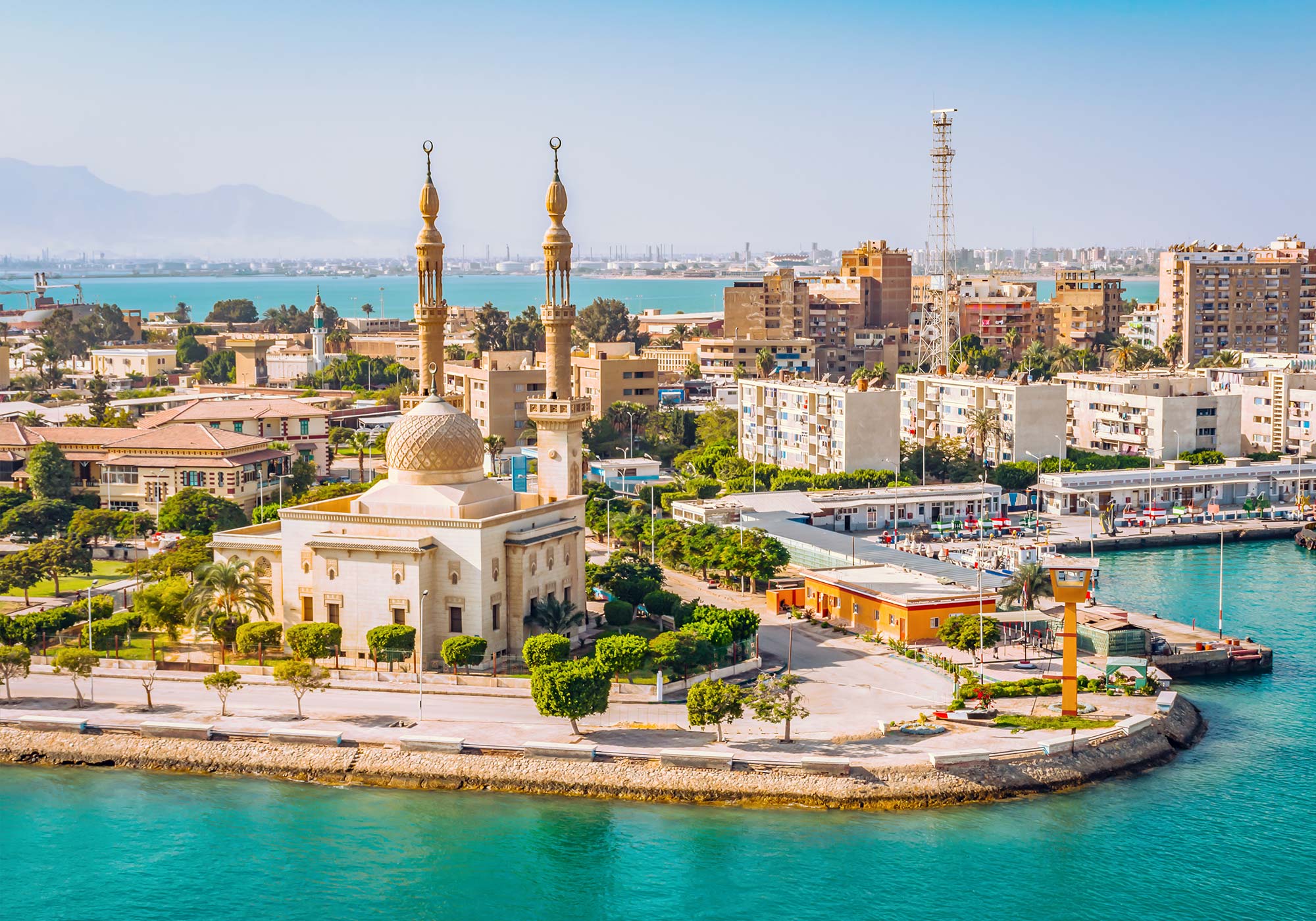The hospitality industry is significant and greatly contributes to the national GDP of any country keen on leveraging its potential. For Egypt, the hospitality sector contributes over 389 Egyptian pounds as well as providing 1.25 million jobs to the locals. For a country with rich history and tons of spots to attract both, local and international tourists, the significance of the hospitality industry can never be undermined.
This is why, with the arrival of the novel COVID-19 and implementation of country-wide lockdown along with a ban on local and international flights, the hospitality sector suffered a major setback. Though millions got infected and thousands lost their lives, the impact of the declining economy on the rest took a serious tool. It wouldn’t be wrong to say that almost the entirety of the hospitality industry suffered badly and almost stood still.
Despite allowable leniency and proper SOPs implemented, the industry was allowed to gradually operate at higher capacities which still posed financial challenges to the whole industry; an industry that was trending to reach over 9 million visitors by the end of 2021. Even on the global level, the hospitality sector was projected to reach198,643 million USD, a projection that didn’t take into account a global catastrophe that broke out in the form of COVID-19.
What to do?
Torn apart between national security and safety and declining national income, countries are battling against economic challenges with different strategies of opening borders and safety precautions. Egypt is no different. Borders have been opened for international visitors with a set of safety procedures for tourism.
In these challenging times, hospitality sector players in Egypt need to stound out domestically and internationally. In that light, careful understanding of changing-needs and dynamics needs to take place day-in day-out, including:
Fill gaps: Thousand of hotels are operating globally and nationally. Many players offer the same set of services and quality at the same price. To stand out, any hotel looking to survive those hardships need to be very attentive to market gaps and most importantly changing consumer needs. The recent crisis has shifted paradigms and has imposed and highlighted what really matters to customers, health and safety and financial stability.
Using the Power of the Internet: For decades, the internet has forced markets to bow in respect to its power. The World Wide Web has transformed physical businesses to online businesses, meetings into e-meetings and even many destinations now can be just visited from the comfort of your home. To sustain the business, hospitality players need to utilize their online presence, think innovatively about disruptive offerings and most importantly communicate more effectively via the internet.
An experience not a hotel room: Instead of physical spaces, emotional spaces; instead of quality food, indulging passion; and instead of standard services, breath-taking experiences; these are the qualities the hospitality sector needs to pay attention to. In order to stand out, each guest experience needs to fulfill a vision the guest has adopted prior to his visit. This vision is highly dependent on what you say about yourself as a hotel. What you convey and what you actually offer needs to be in alignment. Any promise you make, you need to make but most importantly needs to actually address a pressing customer need.
We can’t emphasize enough how important it is at this time for the hospitality sector to act innovatively and make its existence stand out. The hospitality industry of Egypt which holds not just domestic but international significance needs to collectively realize this and make their voice heard within and beyond the borders.




